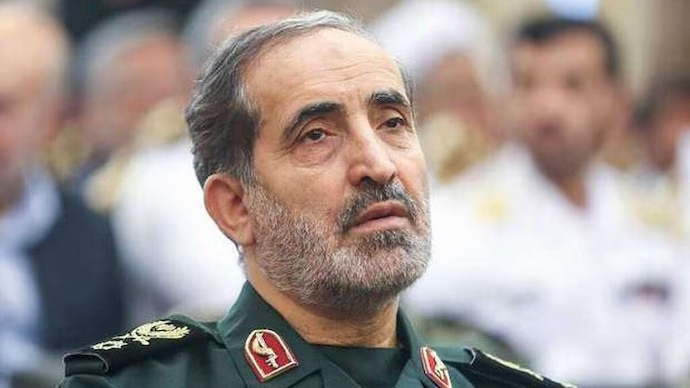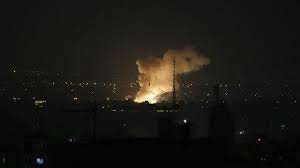
March 18, Hamas: In a dramatic rise in the extended hostilities between Israel and Hamas, Israeli strikes have eliminated some of the prime leaders of Hamas, such as Prime Minister Essam al-Da’alis and political chief Ismail Haniyeh. These pinpoint attacks represent a critical juncture in the long-standing conflict between Israel and Hamas, and it has important repercussions for the security and political scenario in the region.
On March 18, 2025, Israeli Defense Forces (IDF), in collaboration with the Shin Bet security service, launched precision airstrikes in Gaza, killing Essam al-Da’alis, the serving Prime Minister of Hamas. Al-Da’alis rose to this lead after his predecessor, Rawhi Mushtaha, was killed in July 2024. The operation of the IDF was said to target other high-ranking Hamas leaders such as Mahmoud Marzouk Ahmed Abu-Watfa, who was the interior minister of internal security forces, and Bahajat Hassan Mohammed Abu-Sultan, internal security apparatus leader.
At the same time, on July 31, 2024, Ismail Haniyeh, the Hamas political leader, was assassinated during an Israeli airstrike in Tehran, Iran. Haniyeh had gone to Tehran for the inauguration of Iran’s new president, and that’s when the attack was made. His assassination was confirmed by both the Hamas representatives and Iranian authorities. The killing of Haniyeh, a key leader of Hamas’s political branch, was seen as a strategic Israeli move to weaken the organization’s international relations and fundraising efforts.
Israeli Prime Minister Benjamin Netanyahu described these actions as part of Israel’s overall strategy to disassemble Hamas’s leadership and operational structures. Netanyahu reiterated that the recent airstrikes, which killed more than 400 Palestinians, were a direct reaction to Hamas’s refusal to renew a ceasefire and free hostages. He claimed that these operations were “only the beginning” and that military operations would continue until all goals, including the destruction of Hamas and the freeing of Israeli hostages, were met.
The assassinations of al-Da’alis and Haniyeh have drawn strong responses throughout the Middle East. Iran’s Revolutionary Guard denounced the killing of Haniyeh, threatening a “harsh and painful response” from Iran and its allies, including Hezbollah and other Shiite militias. This has now increased tensions, with fears of possible retaliatory attacks on Israeli interests regionally and internationally.
Foreign governments and international organizations have been alarmed by the rising violence. The United Nations and nations like Turkey have denounced Israel’s actions, urging an immediate ceasefire to avoid further civilian deaths and regional destabilization. On the other hand, the United States has reaffirmed its backing of Israel’s right to self-defense, blaming Hamas’s actions for the renewed conflict.
The outbreak of hostilities has worsened the humanitarian crisis in Gaza. The recent bombardment has caused widespread civilian deaths, including children and women, and has overburdened health facilities already saturated by past conflict. Infrastructure destruction has hindered the provision of critical aid, resulting in worsening living conditions among the civilian population. The global community has condemned the mounting humanitarian crisis, calling on both sides to exercise restraint and place a high priority on protecting civilians.
The targeted killings of Hamas figures Essam al-Da’alis and Ismail Haniyeh are a turning point in the Israeli-Hamas confrontation. While Israel claims that such operations are imperative to guarantee its national security and destroy terrorist apparatuses, the resulting escalation prompts urgent questions about the future of regional stability, the effectiveness of targeted killings as a counterterrorist tool, and the viability of a durable peace. As events continue to unfold, the role of the international community in mediating tensions and responding to the humanitarian consequences remains central. Keep Reading Questiqa.com
Get more News Headlines On Our Social Platforms And Do Follow.




